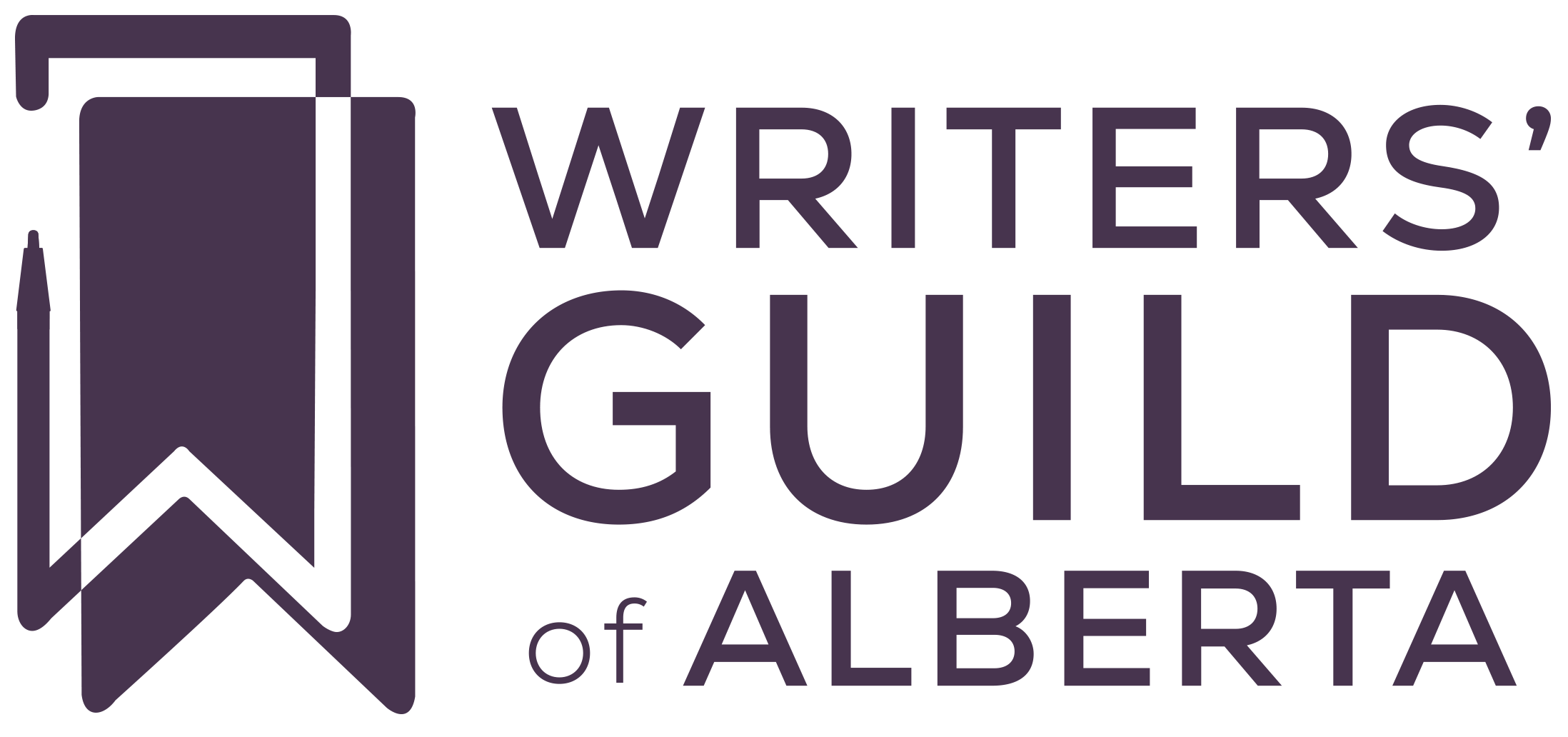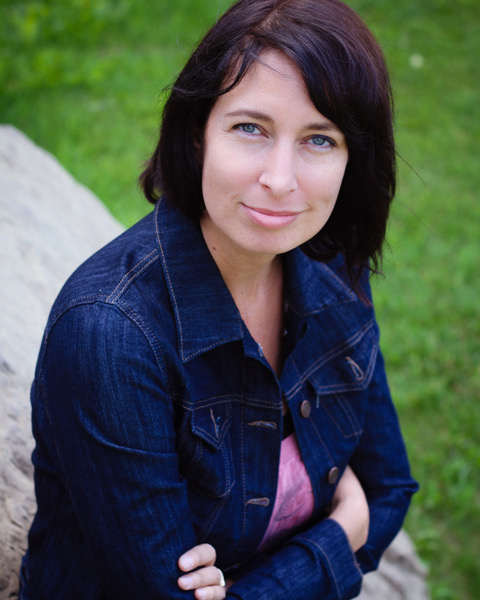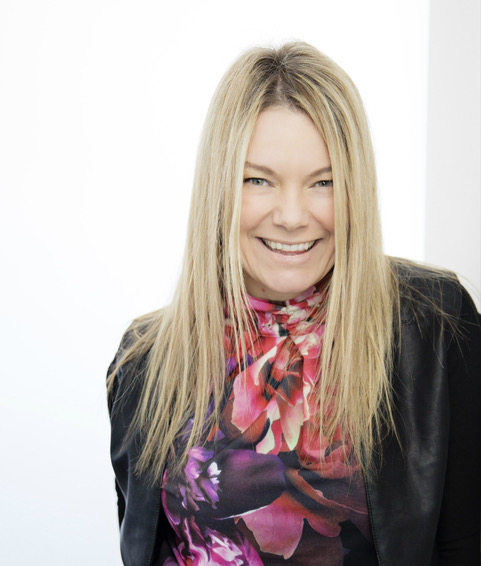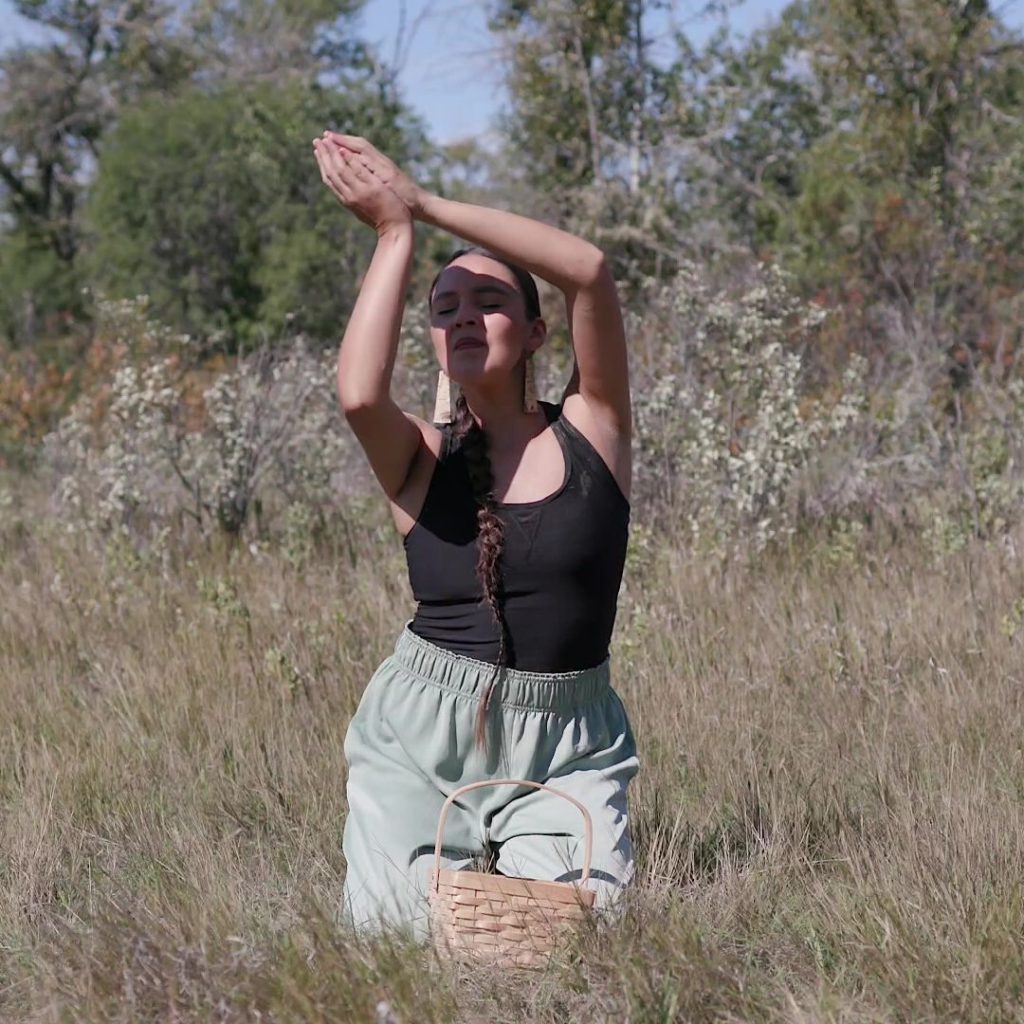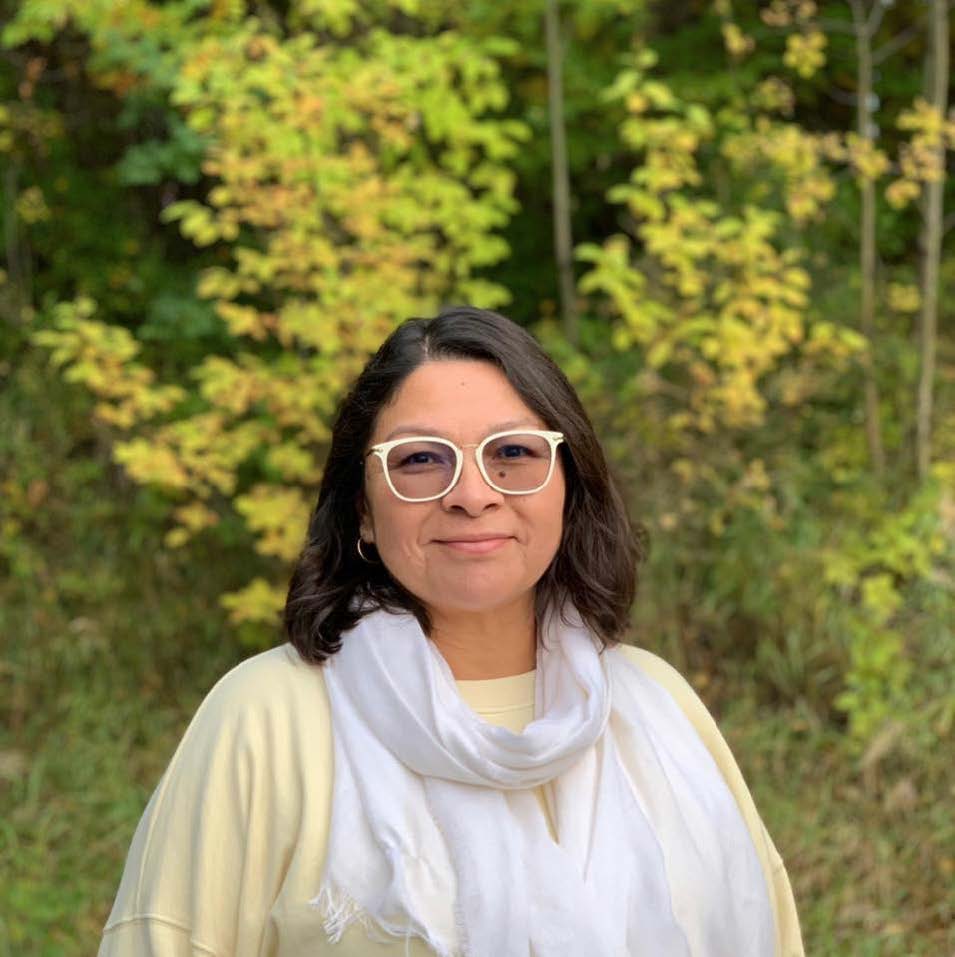The Writers’ Guild of Alberta and Nhung Tran-Davies are pleased to announce the winners of the 5th Annual Kemosa Scholarship for First Nations, Métis and Inuit Mothers Who Write.
First established in 2017 by Dr. Nhung Tran-Davies in partnership with Tlicho Dene author Richard Van Camp, the Kemosa Scholarship offers an opportunity for First Nations, Métis and Inuit Mothers to obtain resources to help them complete the work on their writing – whether that be a novel, a collection of stories, poems, or whatever form their writing might take.
This year, there were many amazing entries for the Kemosa Scholarship, and it was a challenge for the judges to choose the winners from among them. After much thought and careful deliberation, here are this year’s recipients, along with comments from this year’s jury:
First Place ($3000): Lareina Abbott – Pchit – Little One
“The first thing that struck me about this submission was the author’s ability to weave lyrical, poetic imagery into the genre. The line ‘and slowly she had been disappearing, not gently, but like a river, dropping down into a sinkhole’ was particularly memorable. I also appreciated the pacing of the story and how the author used it to build suspense. A lot is accomplished in a small space. The symbolism in the story was also subtle. Overall, the themes of loss, family, and strength were developed insightfully.”
Second Place ($2000): Amber Boyd – Spirit Bead
“What I enjoyed about this story was its clear appeal to a young adult audience. The reference to Converse shoes and the beach party appeal to this demographic well. I also appreciated how the author coupled those references with more traditional, didactic knowledge for the readers. I also found the dialogue effective, particularly in the way the author developed a distinct voice for Coyote and Jinx. The story comes to a compelling moral, which is developed through thoughtful use of dialogue in the last sentence.”
Third Place($1000): Apryl Gladue –the assertion of truth in our bones (and other poems)
“It’s hard for me to find words to describe these poems. Stunning and breathtaking come to mind, given how captivated I was when I read them. I am impressed with the way such profound themes and emotions are developed in such little space. This poet’s use of compelling imagery, along with the structural weaving of past and present in the first poem were particularly notable to me. The irony the poet captures in ‘A near panic attack on National Day for Truth and Reconciliation’ was also profound – this poem has been lingering with me since I first read it.”
Honourable Mention ($500): Sandra Lamouche – ᐊᐸᑯᓯᐢ Apakosis
“I really appreciated the allegorical nature of this one. The author does a great job of drawing attention to important issues, while still honoring the children’s fiction genre they are working with. The choice to organize chapters through animals is creative and provides an effective structure. I also appreciated the suspenseful ending the author left us with. Overall, the premise is engaging and I see lots of potential.”
Honourable Mention ($500): Shirley Cire – Sleigh Ride (and other poems)
“The strength of these poems is their ability to capture particular memories/moments that speak to essential human emotions, such as longing, nostalgia and comfort. I think the poet can continue to experiment with rhetorical devices and structural choices to amplify these themes even further.”
We would also like to thank this year’s jury: Richard Van Camp, Jacqueline Guest, and Nicole Harrish.
Last but not least, we wish to thank everyone who submitted their writing to this year’s Kemosa Scholarship. Thank you for sharing your words and stories. We hope that all of you will continue to write and to give voice to the stories and poems that you have to tell.
For more information or media inquiries, please contact the Writers’ Guild of Alberta at [email protected].
Meet the Winners
Lareina Abbott – First Place
Lareina Abbott is a Métis writer and mother who writes young adult speculative fiction and memoir. Her stories have a tie to the spiritual or natural world, and to ancestry, as she believes that these connections are how we will heal as a people and reclaim what has been previously lost. She originates from a cattle ranch in northern British Columbia, but currently lives and writes in Calgary on Métis Local 87 and Treaty 7 territory.
Amber Boyd – Second Place
Amber Boyd’s short stories, “Life’s Nectar” and “Forevermore,” can be found in the Amazon number one best-selling anthology, Above and Beneath. Her other published short stories include “Howling at the Moon,” “The Arcane Protector,” “Time Ryder,” and “The Gift.” In 2019, her work took second place in the Kemosa Scholarship contest, and in 2021 her writing was shortlisted for the Constance Rooke CNF Prize and won her a spot to participate in the Audible Indigenous Writers’ Circle. Amber is a citizen of the Métis Nation of Alberta and is currently completing her MFA in creative writing at UBC.
Apryl Gladue – Third Place
Apryl Gladue is an oft joyful displaced urban Cree (Woodland and Lubicon Lake) with settler genes twice married with three children writing about her identity but for colonial happenstance. In an alternate fate to being scooped, she was raised on her non-Indigenous grandparent’s farm while attending school a stone’s throw from St. Bernard’s Mission. While not battling demons or sporadically and vehemently writing, Apryl can be found volunteering, book-travelling, and being fiercely proud of her offspring. She writes to understand, heal, prove her existence and her family’s survival, and to remind her country that evil came dressed as law and policy. After 22 years of biding her time as a federal government solicitor and sojourning through intergenerational residential school trauma (published in a 1994 anthologized short story, a 2008 personal essay, and various workplace poetry readings), the final truths of colonial angst, blood memory and ‘what ifs’ arrive through ancestors’ strength and are shared among her Cree/Métis/settler blended family of siblings, cousins, adult children, and numerous grandchildren all growing in their own journeys.
Sandra Lamouche – Honourable Mention
Sandra Lamouche is a Nehiyaw Iskwew (Cree Woman) from the Bigstone Cree Nation in Northern Alberta and married into the Piikani Nation in Southern Alberta and mother to two boys with braids. She completed her B.A. in Native American Studies from the University of Lethbridge in 2007. In 2021 she completed her M.A. Thesis at Trent University, titled “Nitona Miyo Pimadisiwin (Seeking a Good Life) Through Indigenous Dance.” She is a storyteller in many ways including as a Champion Hoop Dancer, award winning Indigenous Educational Leader, two-time TEDx Speaker, artist, and writer.
Shirley Cire – Honourable Mention
Shirley Cire resides on Treaty 6 territory, and was born and raised in Lac La Biche, Alberta. Cire identifies proudly as Nêhiyaw and Métis, her mother being from Beaver Lake Cree Nation and her father from a long line of Métis ancestry.
Cire has a strong belief in storytelling and keeping, and has had a career working in the library. She is ever glad to bring library service to Maskwacis, as she believes in a welcoming library that should be accessible to Indigenous communities.
Writing is a passion and provides her with an outlet, where she reflects on memory and tells her stories. Stories are sacred to her family and live on through words. This is her medicine.
Our Gratitude
Thank you to each of the following for your generous donations to this year’s Kemosa Scholarship:
- Pam Clark
- Jacqueline Guest
- Carol Holmes
- Jeananne Kathol Kirwin
- Brent McConnell
- Elaine Morin
- Pandemic School of Writing
- Deborah Sword
- Nhung Tran-Davies
